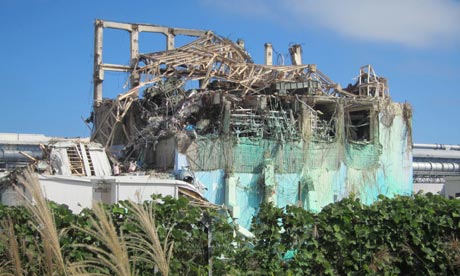Human error: how business can learn from past mistakes
First published in the Guardian on February 7th, 2014
There are at least two areas where I agree with most major religions. First, we must treat one another with compassion and kindness – the golden rule of do unto others as you would have them do unto you applies. Second, humans are inherently imperfect. We make terrible mistakes and we are capable of incredible negligence and cruelty in addition to our numerous finer qualities such as valor, graciousness and creativity.
Somehow, in our use of technology and chemicals, we presume that this second maxim of imperfection and moral failings doesn’t hold. That’s why we think it’s OK to have tens of thousands of nuclear weapons globally despite the launch codes being in the hands of the imperfect humans who have manufactured them. No surprise, then, that 92 US air force officers who hold these codes are in the middle of a scandal involving cheating and drug use. Errors could obviously be catastrophic – blackmail and impaired judgment do not mix well with nuclear capabilities.
We continue to deploy technology with the running assumption that humans won’t make mistakes or behave badly. That is genuinely stupid; history continues to show us so on every continent and in every culture. These kinds of disasters are not black swan events: they should be anticipated if we just presume that humans will err. As Mark Twain noted, “Everyone is a moon, and has a dark side which he never shows to anybody.”
With this in mind, one of the most important guidelines for 21st century business, where technological prowess is unbelievable, is theprecautionary principle. First adopted by the United Nations in 1982 as part of the World Charter for Nature, the precautionary

